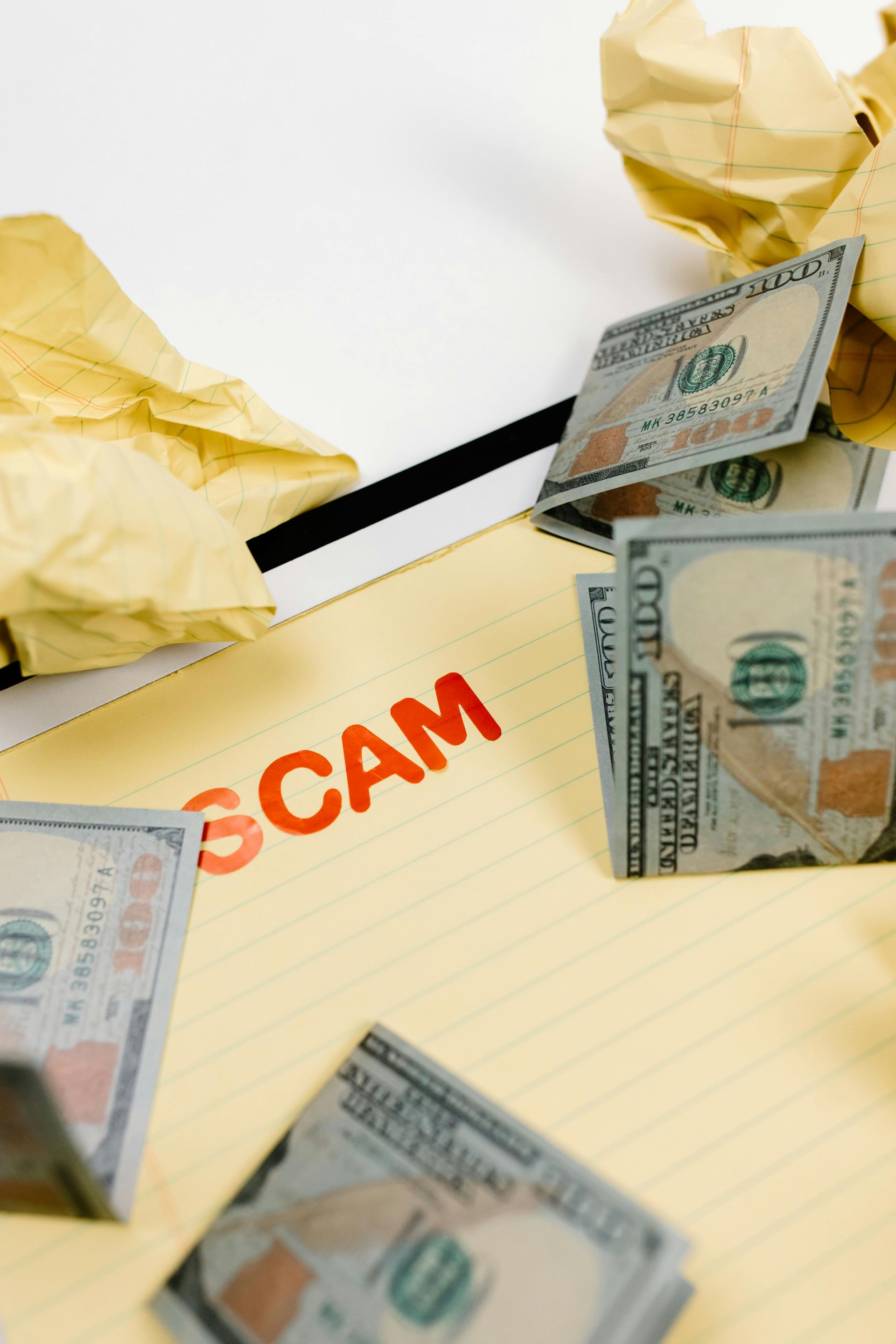How to Respond to Fraud Allegations in Your Organization
Understanding Fraud Allegations and Their Impact
What Are Fraud Allegations?
Fraud allegations arise when an individual or organization is accused of engaging in deceptive practices for personal or financial gain. These allegations can stem from various activities, such as embezzlement, falsifying financial records, insider trading, or misrepresentation of services. For example, a company might face accusations of inflating revenue figures to mislead investors or submitting false claims to government programs like Medicare.
Fraud allegations are serious and can originate from whistleblowers, regulatory audits, or even routine internal reviews. Regardless of the source, they demand immediate attention to protect the organization’s integrity and ensure compliance with legal and ethical standards.
The Immediate Consequences of Fraud Allegations
The fallout from fraud allegations can be swift and severe, affecting multiple facets of an organization. Reputational damage is often the most immediate consequence, as public trust erodes when allegations surface. Financial impacts can include plummeting stock prices, loss of investor confidence, and potential fines or legal settlements. Operationally, the organization may face disruptions, such as the suspension of financial forecasts or the reallocation of resources to address the crisis.
For instance, UnitedHealth Group recently faced allegations of Medicare fraud, leading to a criminal investigation by the Department of Justice. The company had to suspend its financial forecast for 2025, citing rising medical costs and the uncertainty surrounding the investigation. This case underscores how fraud allegations can ripple through an organization, affecting its operations, finances, and public image.
Initial Steps to Take When Fraud Allegations Arise
Assemble a Crisis Response Team
The first step in addressing fraud allegations is to form a dedicated crisis response team. This team should include legal counsel, compliance officers, public relations professionals, and senior executives. Each member plays a critical role: legal experts ensure compliance with laws and regulations, PR professionals manage external communications, and executives provide strategic oversight.
Having a well-rounded team ensures that the organization can respond swiftly and effectively. It also demonstrates to stakeholders that the company is taking the allegations seriously and is committed to resolving the issue transparently.
Secure and Preserve Evidence
Preserving evidence is crucial for both internal investigations and external audits. This includes securing documents, emails, financial records, and any other relevant data. Organizations should implement a legal hold to prevent the destruction or alteration of evidence, as failing to do so could lead to accusations of obstruction of justice.
For example, if the allegations involve financial discrepancies, ensure that accounting records are immediately secured and reviewed. This step not only aids in uncovering the truth but also demonstrates the organization’s commitment to transparency.
Notify Key Stakeholders
Timely communication with key stakeholders is essential. Internally, the board of directors and senior management should be informed immediately. Externally, investors, regulators, and other relevant parties should be notified, depending on the severity of the allegations.
Transparency is key, but it’s equally important to avoid premature conclusions. Stick to verified facts and assure stakeholders that the organization is taking appropriate steps to address the situation.
Conducting an Internal Investigation
Engage External Experts
Hiring third-party investigators or forensic accountants can lend credibility to the investigation. External experts bring impartiality and specialized expertise, ensuring that the process is thorough and unbiased. This is particularly important in high-stakes cases where internal teams may face conflicts of interest.
Review Internal Policies and Procedures
An internal investigation should include a comprehensive review of the organization’s policies and procedures. Were compliance measures followed? Did any gaps in internal controls contribute to the issue? Identifying these factors can help the organization address root causes and prevent future incidents.
Document Findings Thoroughly
Maintaining detailed records of the investigation is critical. This includes documenting the steps taken, evidence reviewed, and conclusions reached. These records can serve as a valuable resource for legal proceedings, regulatory reviews, and internal learning.
Communicating During a Fraud Allegation Crisis
Develop a Transparent Communication Strategy
Clear and honest communication is vital during a crisis. Employees, customers, and the public need to understand the organization’s stance and the steps being taken to address the allegations. For example, UnitedHealth’s response to its Medicare fraud investigation included public statements emphasizing its commitment to compliance and transparency.
Avoid Speculation or Admission of Guilt
When addressing the public, it’s crucial to stick to verified facts. Avoid making speculative statements or admitting guilt prematurely, as this could complicate legal proceedings or damage the organization’s reputation further.
Leverage Legal Counsel for Public Statements
All external communications should be reviewed by legal experts to ensure they align with the organization’s legal strategy. This minimizes the risk of inadvertently making statements that could be used against the organization in court.
Collaborating with Authorities and Regulators
Cooperate Fully with Investigations
Transparency and cooperation are essential when dealing with regulatory bodies or law enforcement. This includes providing requested documents, answering questions honestly, and adhering to deadlines.
Understand Your Legal Obligations
Organizations must be aware of their legal responsibilities, such as reporting timelines and confidentiality requirements. Failing to meet these obligations can result in additional penalties or legal complications.
Proactively Address Regulator Concerns
Demonstrating a commitment to resolving the issue can go a long way in mitigating penalties. This might include implementing corrective actions, such as revising policies or enhancing compliance programs.
Mitigating Future Risks of Fraud
Strengthen Internal Controls
Robust internal controls are the first line of defense against fraud. This includes regular audits, segregation of duties, and real-time monitoring of financial transactions.
Enhance Employee Training
Educating employees on fraud prevention and ethical behavior is equally important. Training programs should cover topics like recognizing red flags, understanding compliance requirements, and reporting suspicious activities.
Establish a Whistleblower Program
Anonymous reporting mechanisms can help organizations identify potential issues early. Encourage employees to report concerns without fear of retaliation, and ensure that all reports are thoroughly investigated.
Learning from High-Profile Fraud Cases
Case Study: UnitedHealth’s Medicare Fraud Allegations
The UnitedHealth case offers valuable lessons for organizations. The company’s decision to suspend its financial forecast highlights the operational disruptions that can arise from fraud allegations. Additionally, the case underscores the importance of transparency and cooperation with regulators.
Key Takeaways for Organizations
- Assemble a crisis response team immediately.
- Preserve evidence and document all findings.
- Communicate transparently but cautiously.
- Strengthen internal controls and compliance programs.
Rebuilding Trust After Fraud Allegations
Reassess and Rebuild Corporate Culture
A culture of transparency and accountability is essential for rebuilding trust. This includes fostering open communication, rewarding ethical behavior, and addressing systemic issues that may have contributed to the allegations.
Engage in Reputation Management
Rebuilding relationships with customers, investors, and the public requires a proactive approach. This might include public apologies, community engagement, and demonstrating a commitment to ethical practices.
Monitor Progress and Report Improvements
Regular updates on corrective actions can help restore confidence in the organization. Share progress reports with stakeholders to demonstrate accountability and commitment to improvement.
Contact Turning Numbers Forensic Accounting to discuss your case today.




